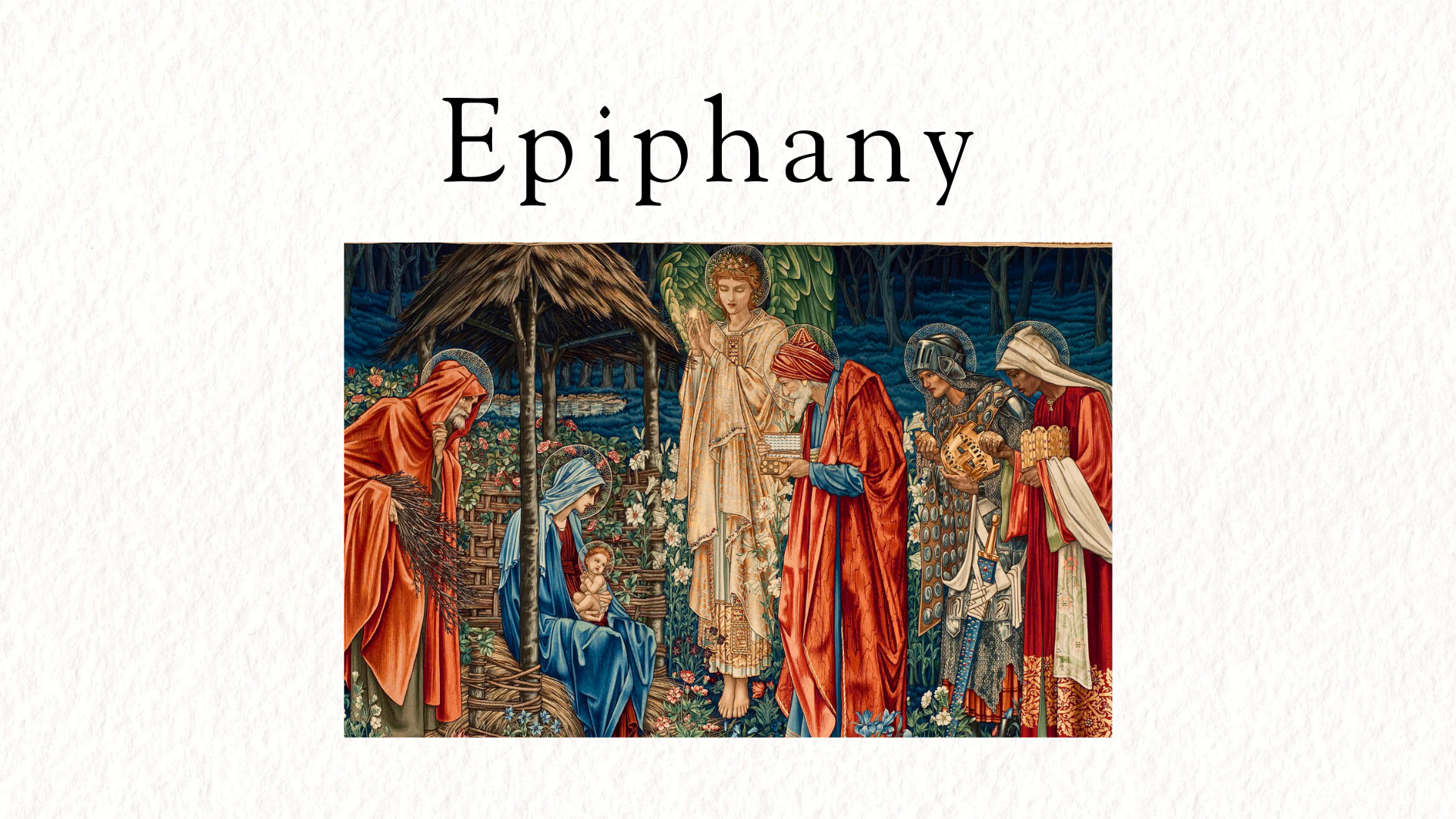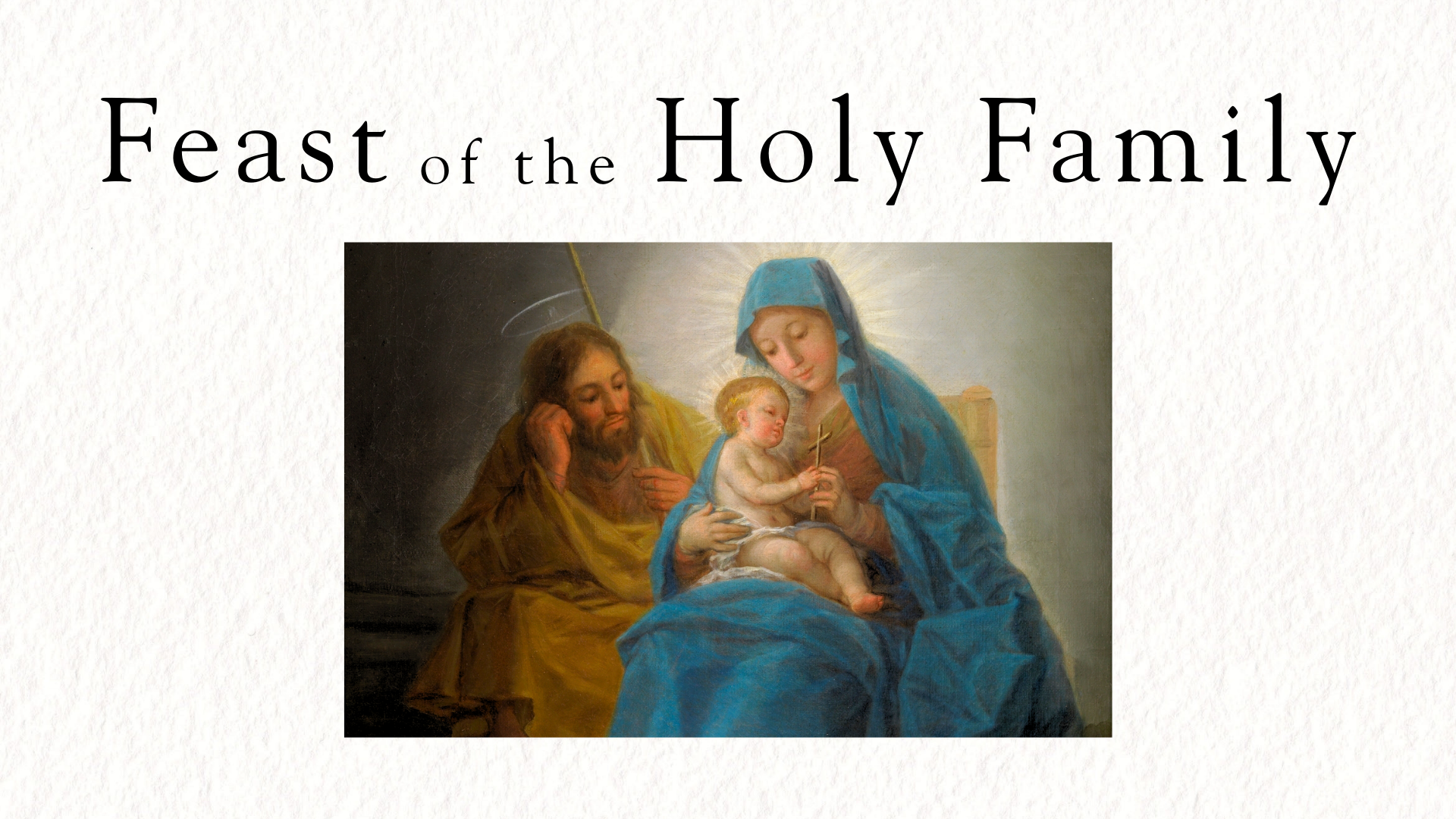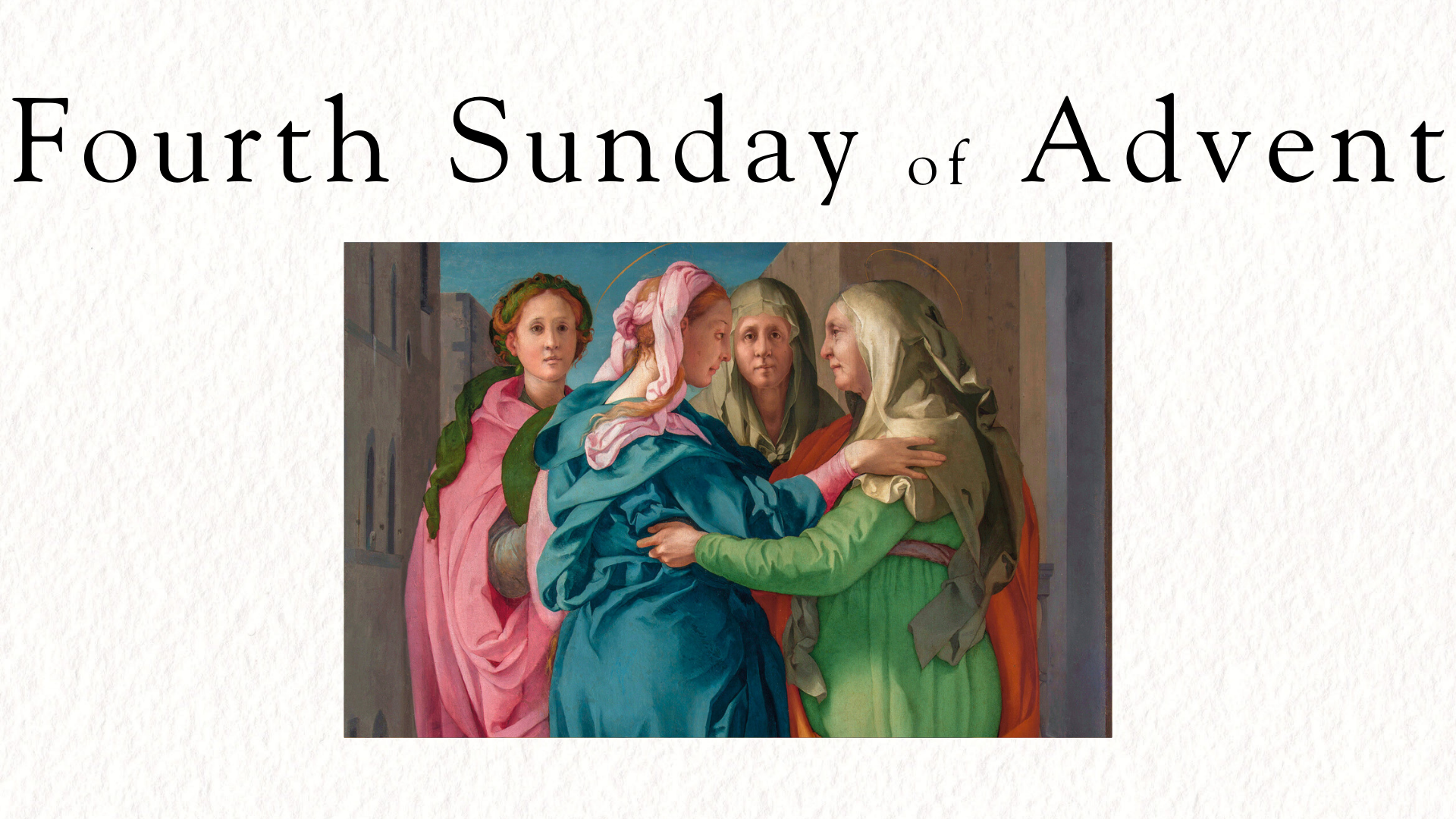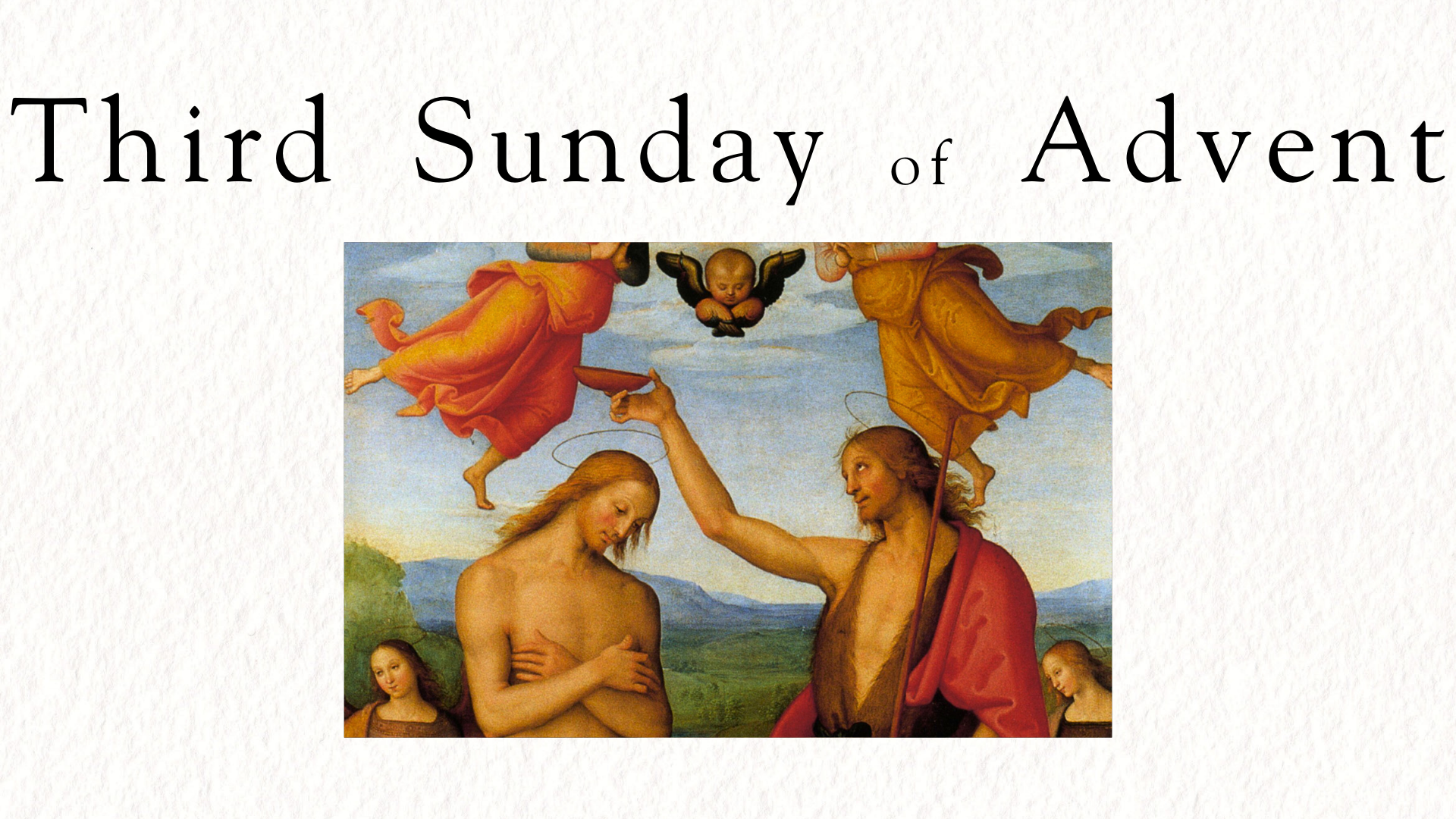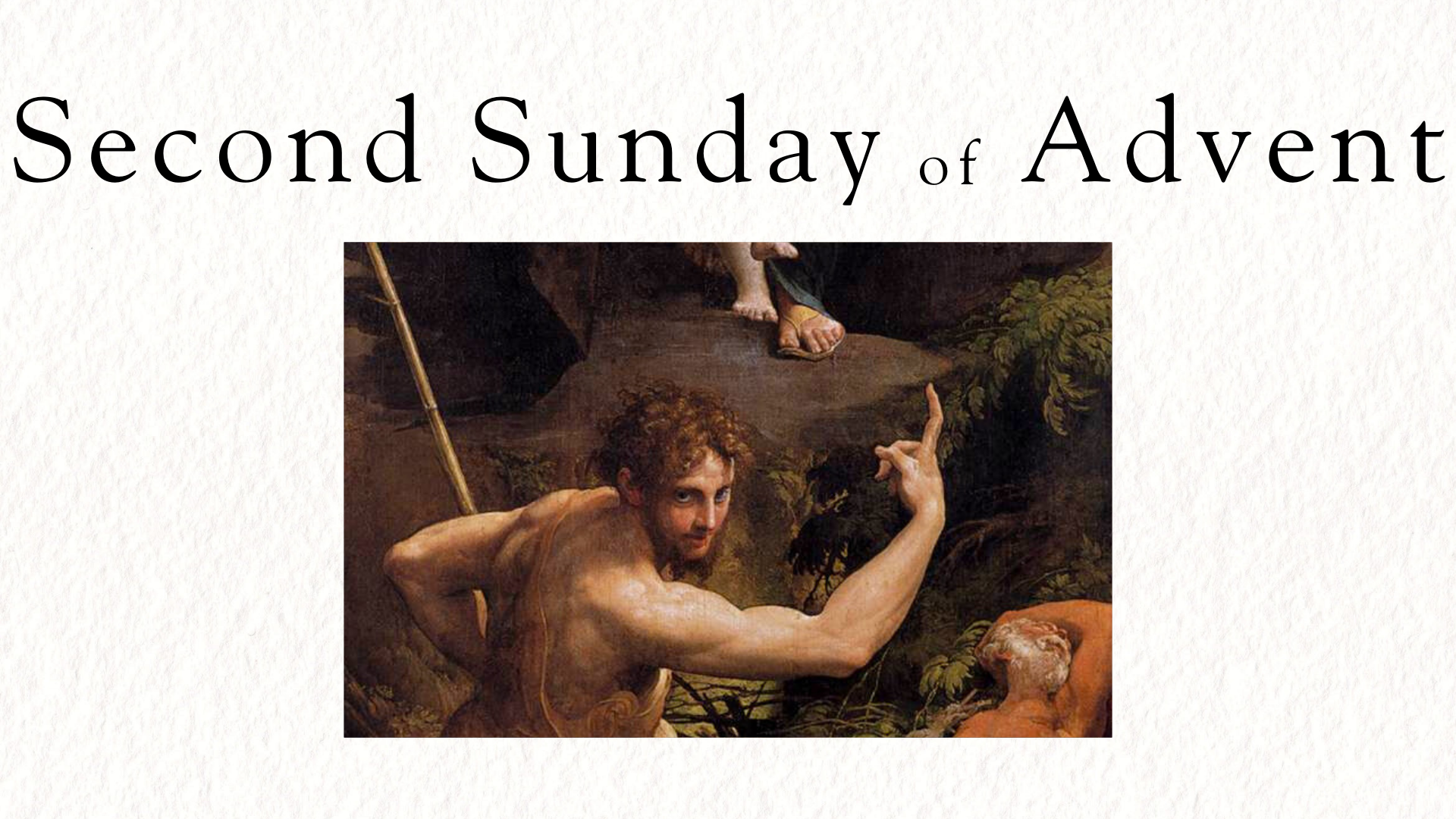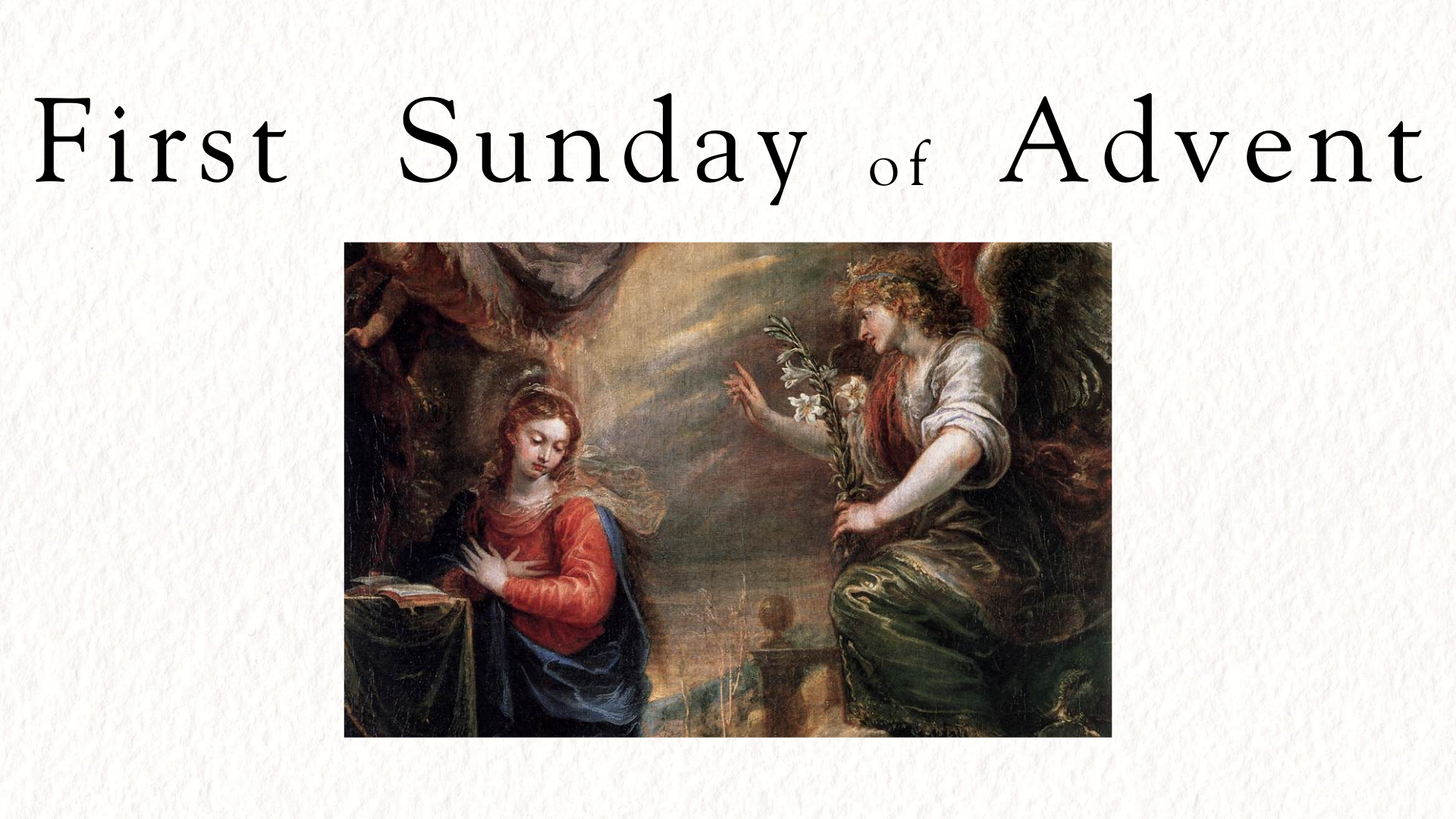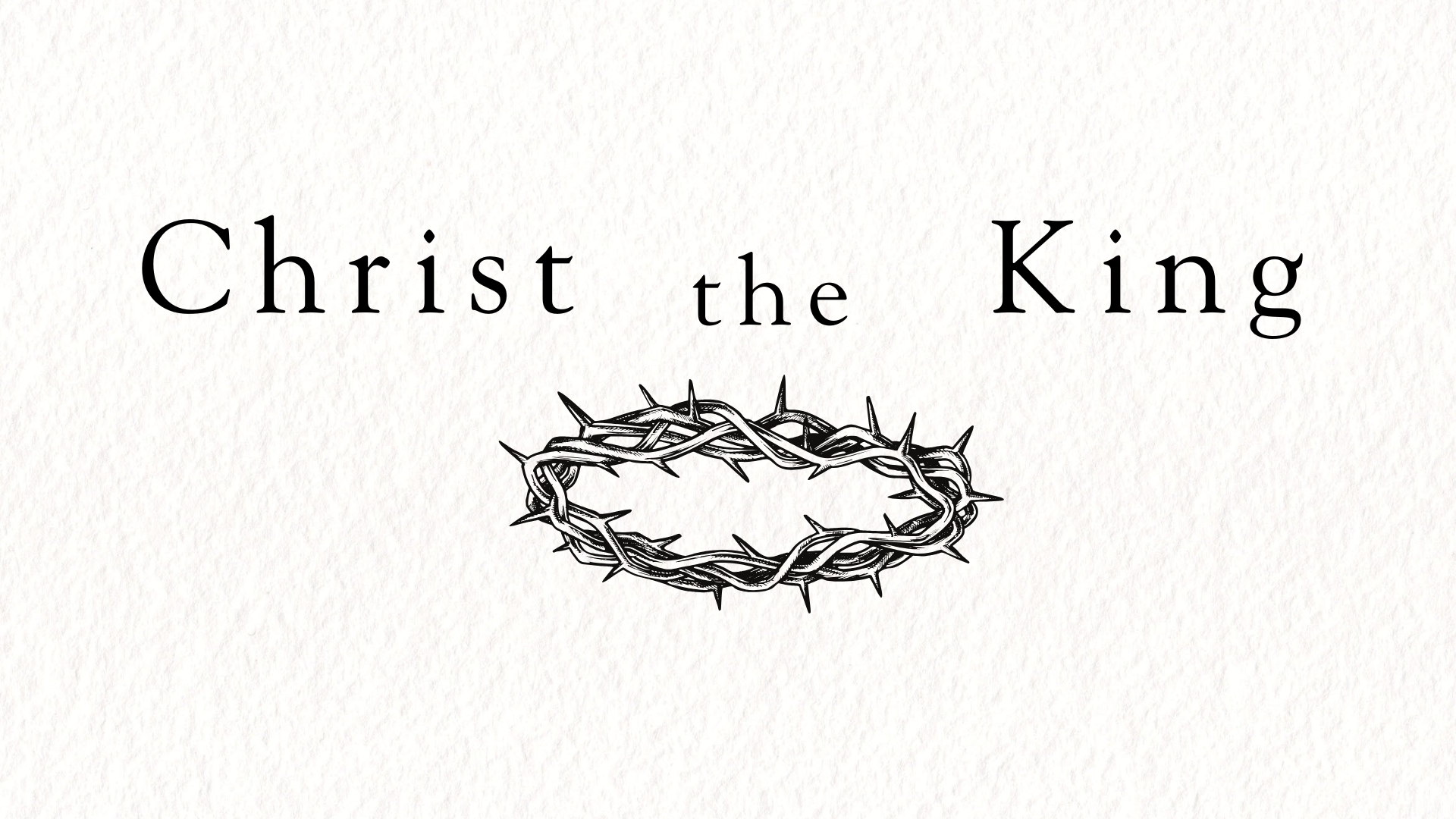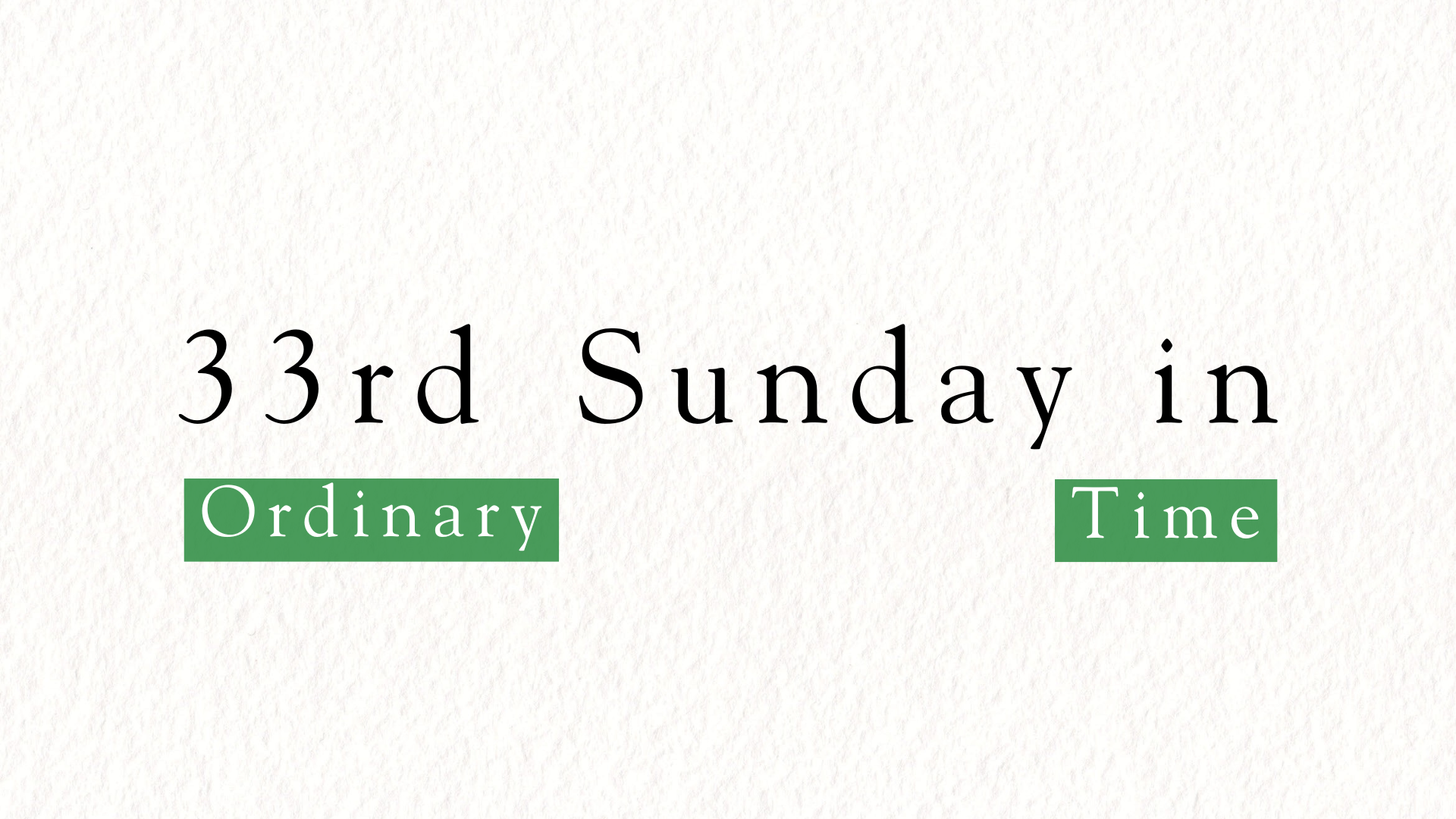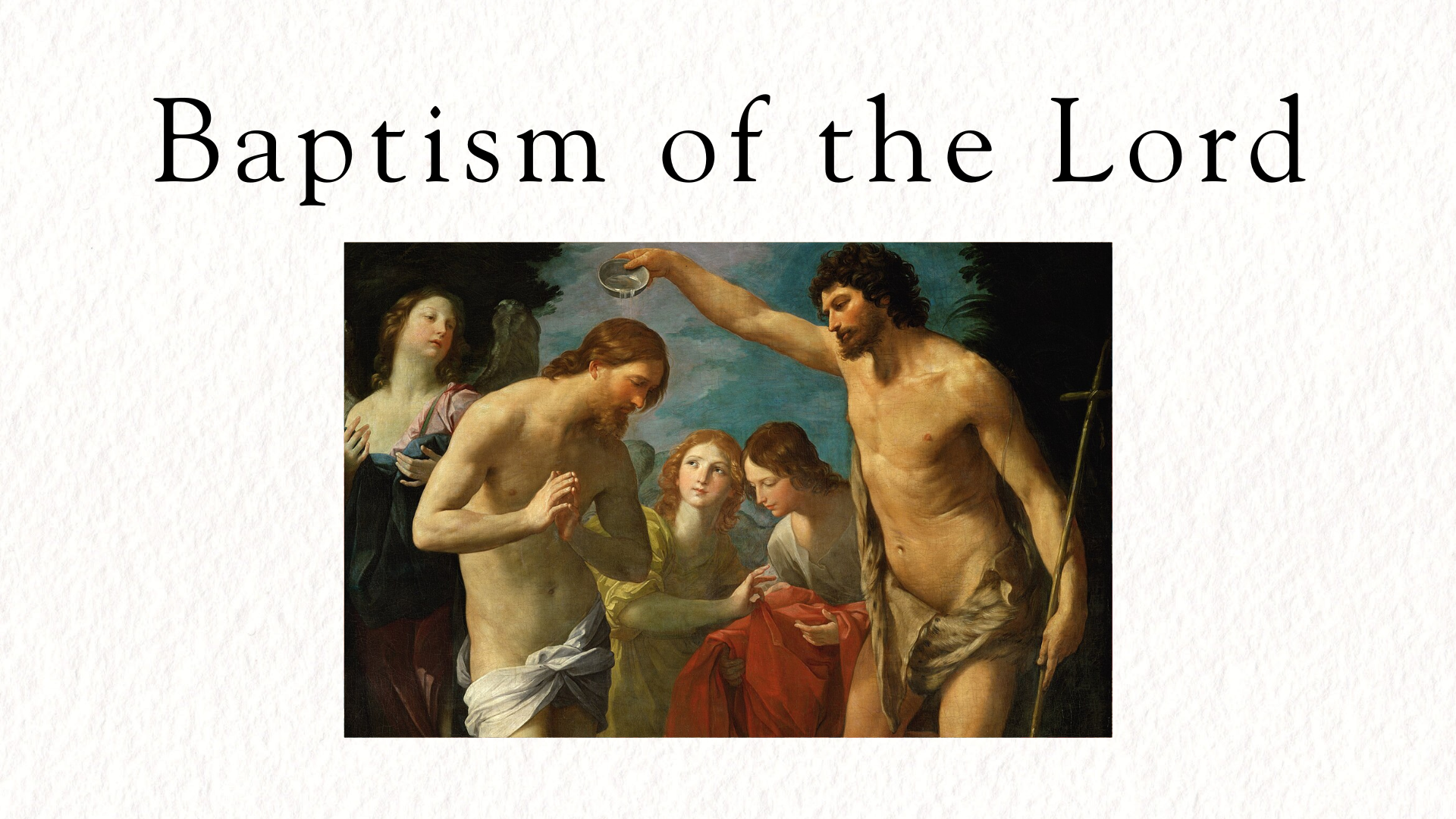
Luke 3:22
You are my beloved Son; with you I am well pleased.
Readings for Sunday: Isaiah, Titus, Luke
Reflection:
“Have you been saved?” This question invites us to reflect on the profound gift of baptism. For Catholics, salvation begins there, as St. Paul reminds us: “When the kindness and generous love of God our savior appeared, not because of any righteous deeds we had done but because of his mercy, He saved us through the bath of rebirth and renewal by the Holy Spirit” (Titus 3:5-6). Jesus’ own baptism might seem puzzling.
Why would the sinless Son of God receive a baptism for repentance? The answer lies in “recapitulation”—Jesus taking on our broken humanity to restore and renew it. By entering the waters, He sanctified them, imparting the power to cleanse us and unite us to His death and resurrection. His baptism marked the start of His public ministry and His journey toward the Cross.
For us, baptism is the start of a lifelong journey of faith. In that moment, we are adopted by the Father, united to Christ, and filled with the Holy Spirit. But salvation isn’t a one-time event—it’s a relationship that grows through prayer, Mass, Scripture, and acts of love. As St. Paul reminds us, our lives now belong to Christ, who purchased us at a price. Living out our baptism means choosing daily to grow in holiness and love, to see our lives as belonging to God, and to walk the path of faith toward eternal life with Him.
Reflection Questions
- In your prayer, ask: How have I embraced my baptismal call to live as a disciple of Christ, and where might God be inviting me to grow deeper in faith and love?
- Reflect on this: Jesus stood in solidarity with sinners through His baptism, though He was without sin. How does His example inspire me to stand with and serve others in their struggles?
- Consider in quiet reflection: Do I truly see my life as belonging to Christ, and how can I live more intentionally as His follower in my daily choices and relationships?

